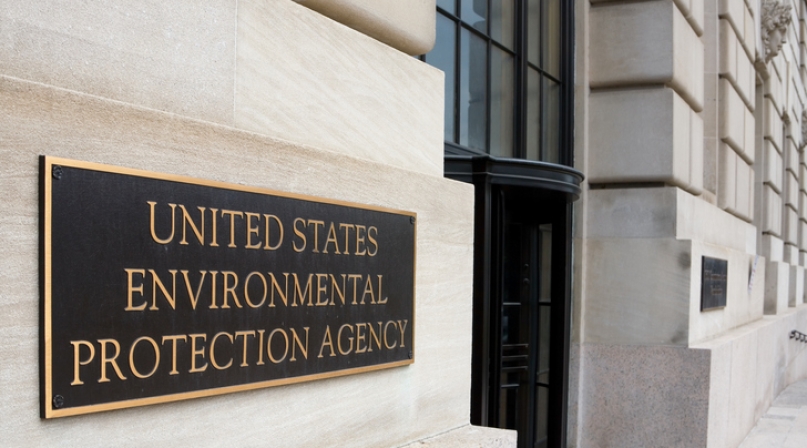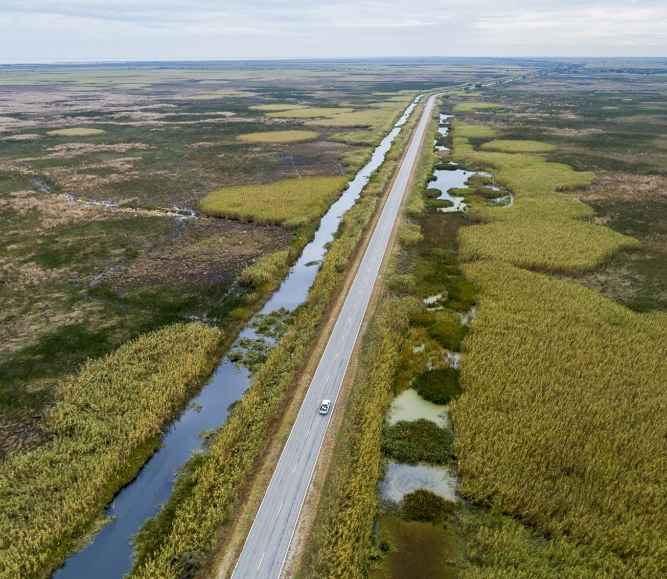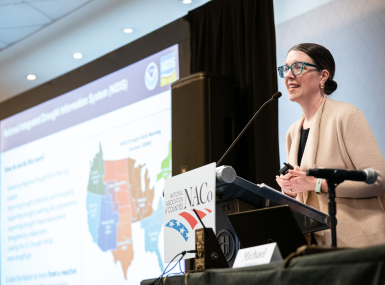EPA rescinds 2021 Clean Water Act guidance from the U.S. Supreme Court’s Maui Decision
Upcoming Events
Related News

Key Takeaways
On September 15, the EPA announced the recission of its 2021 guidance on the Clean Water Act (CWA). This guidance was initially issued by the Trump administration following the U.S. Supreme Court’s ruling in County of Maui v. Hawaii Wildlife Fund (Maui). The Maui ruling applied to EPA’s CWA Section 402 National Pollutant Discharge Elimination System Permit Program (NPDES), which controls discharges. In Maui, the Supreme Court ruled that when there is a “functional equivalent of a direct discharge” from a point source to navigable waters, an appropriate permit is required under the CWA.
The EPA’s resulting guidance provided three criteria for pollutants to require an NPDES permit:
- Pollutants must reach a jurisdictional water of the U.S.;
- Pollutants need to be discharged from a point source in the first place; and
- Pollutants need to flow through the groundwater in a manner that is the functional equivalent of a direct discharge.
The guidance outlined that the EPA must consider a functional equivalent of a direct discharge based on the design and performance of the system or facility from which the pollutant was released.
With the recission of the Maui guidance, the EPA announced the Office of Water is evaluating its next steps. The EPA will apply the Supreme Court’s guiding principles issued in Maui’s ruling in the interim. For more information on the factors that could determine if the functional equivalent of a direct discharge has occurred and thus would require a permit, click here.
The EPA is currently in a new rulemaking process on WOTUS following the repeal of the 2020 Navigable Waters Protection Rule. To learn more, please visit NACo’s WOTUS Action Hub. The comment period for counties closes on October 4, 2021. To submit your comment, please email CWAwotus@epa.gov and usarmy.pentagon.hqda-asa-cw.mbx.asa-cw-reporting@mail.mil.
Counties have a vested interest in an easily implementable WOTUS definition. Clean water is essential to our nation’s counties who are on the front lines of protecting the citizens we serve through preserving local resources and maintaining public safety. Across the country, counties own and maintain public safety ditches, including road and roadside ditches, flood control channels, stormwater culverts and pipes, and other infrastructure used to funnel water away from low-lying roads, properties and businesses to prevent accidents and flooding incidents. Defining which waters and their conveyances fall under federal jurisdiction directly impacts counties responsible for maintaining public safety ditches and county-owned infrastructure. For more information and resources on WOTUS and to learn more about its impact on counties, visit www.naco.org/wotus.
Featured Initiative
Waters of the U.S. Action Center

Related News

NOAA outlines help for counties navigating drought’s growing risks
In April, the National Integrated Drought Information System will launch the Mid-Atlantic Drought Early Warning System, which will help county officials allocate resources and attention to mitigate drought-related disasters.

House Agriculture Committee introduces 2026 Farm Bill
On February 13, House Agriculture Committee Chairman G.T. Thompson (R-Pa.-15) introduced the House version of the 2026 Farm Bill, the Farm, Food, and National Security Act of 2026.
